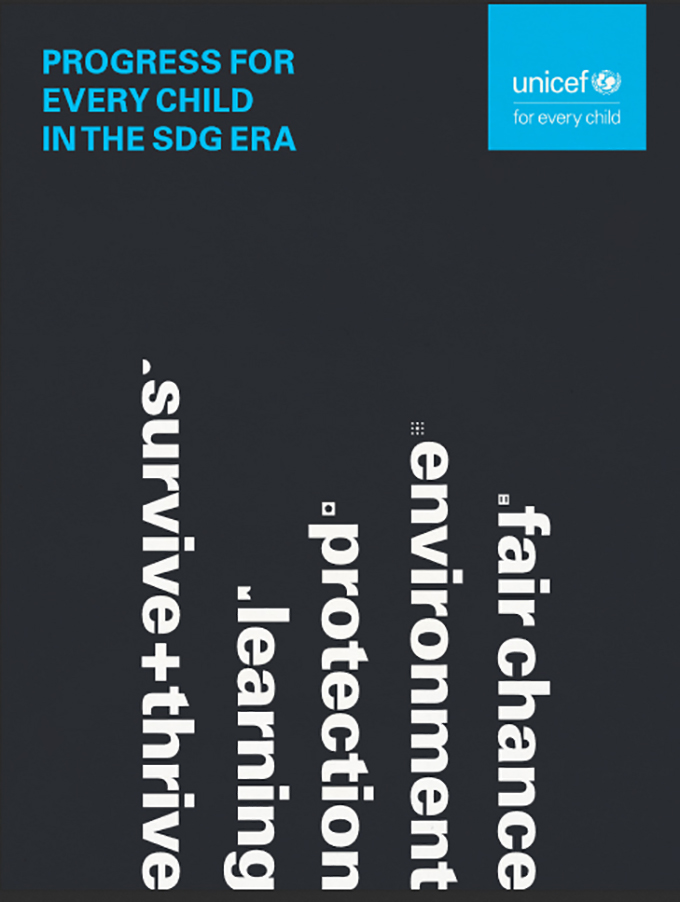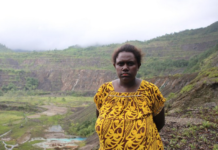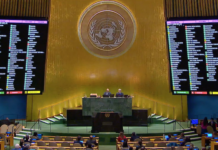Pacific Media Centre Newsdesk
Poor data collection in several Pacific Island countries is obstructing UNICEF’s first assessment to measure progress in achieving the Sustainable Development Goals for children according to a report.
UNICEF’s report Progress for Children in the SDG Era warns that most Pacific countries may fail to meet some of the child-related SDGs which means children are at risk of being left behind in terms of improving health, sanitation, education, protection from violence, abuse and exploitation.
The report says there was a lack of data on child-related SDG targets such as the proportion of children living below the national poverty line, or having access to early childhood development initiatives, children attending lower secondary school, and the nutritional status of children.
UNICEF Pacific Representative Sheldon Yett said that data did not change the world themselves but make change possible “by identifying needs and gauging progress”.
“Without investments in the collection and analysis of reliable data on behalf of the Pacific’s children, governments will not have the foundation to base decisions and actions to improve children’s lives.”
Widespread improvement needed
Pacific Island countries scored well below the average omposite score for data capacity of 74 out of a possible 100 in the region and Asia. The scores ranged from 32 for Federated States of Micronesia (FSM) and the Republic of Marshall Islands (RMI) to 70 for Fiji.
However, there are areas that several Pacific countries are on track to meet targets such as:
- basic sanitation services where 9 countries are on track except FSM, Vanuatu, Kiribati and Solomon Islands;
- basic water services where 11 countries are on track except RMI, Solomon Islands, and Kiribati; and
- neonatal mortality where 8 countries are on track except for Kiribati, Nauru, FSM, Tuvalu and RMI.
Some of the key issues raised in the report that calls for significant acceleration include ending violence, abuse and exploitation of children, increase of children learning in primary school, and increase in the rate of immunisation coverage.
Pacific Island countries need to ensure a strong measurement component is added to service delivery systems in health, education, social services, or border control; have minimum data coverage for children; and stronger shared norms on data concerning children.
UNICEF said how much government wouldl progress to meet SDGs would determine the future of children in the Pacific.














































